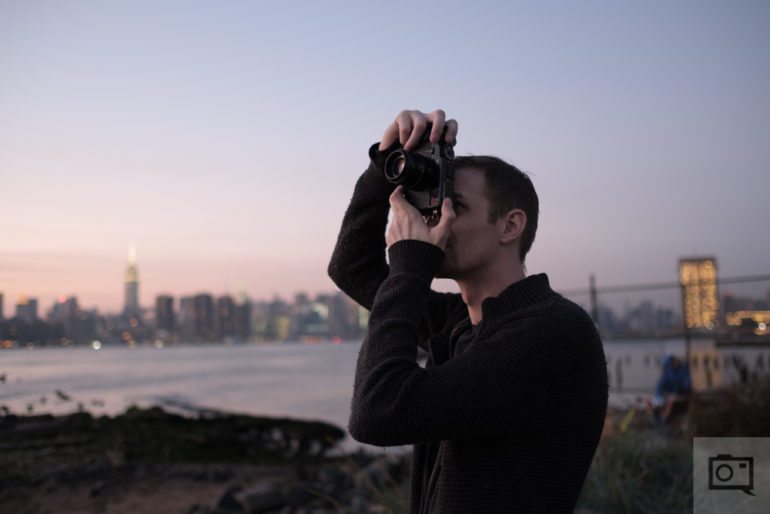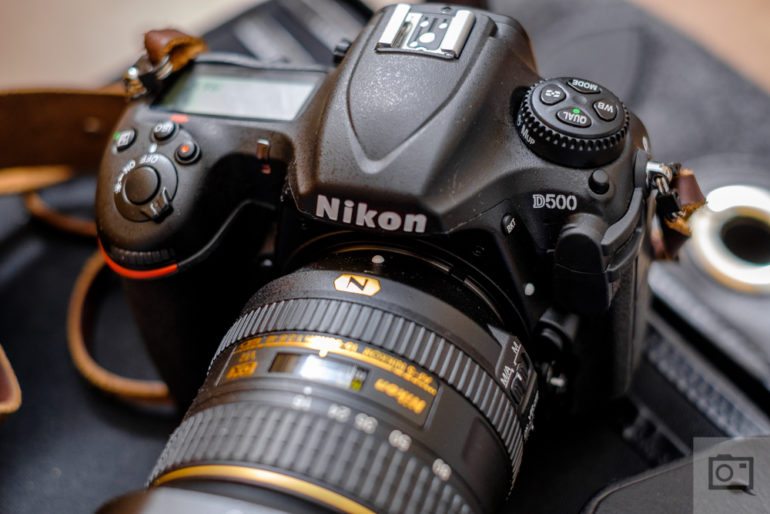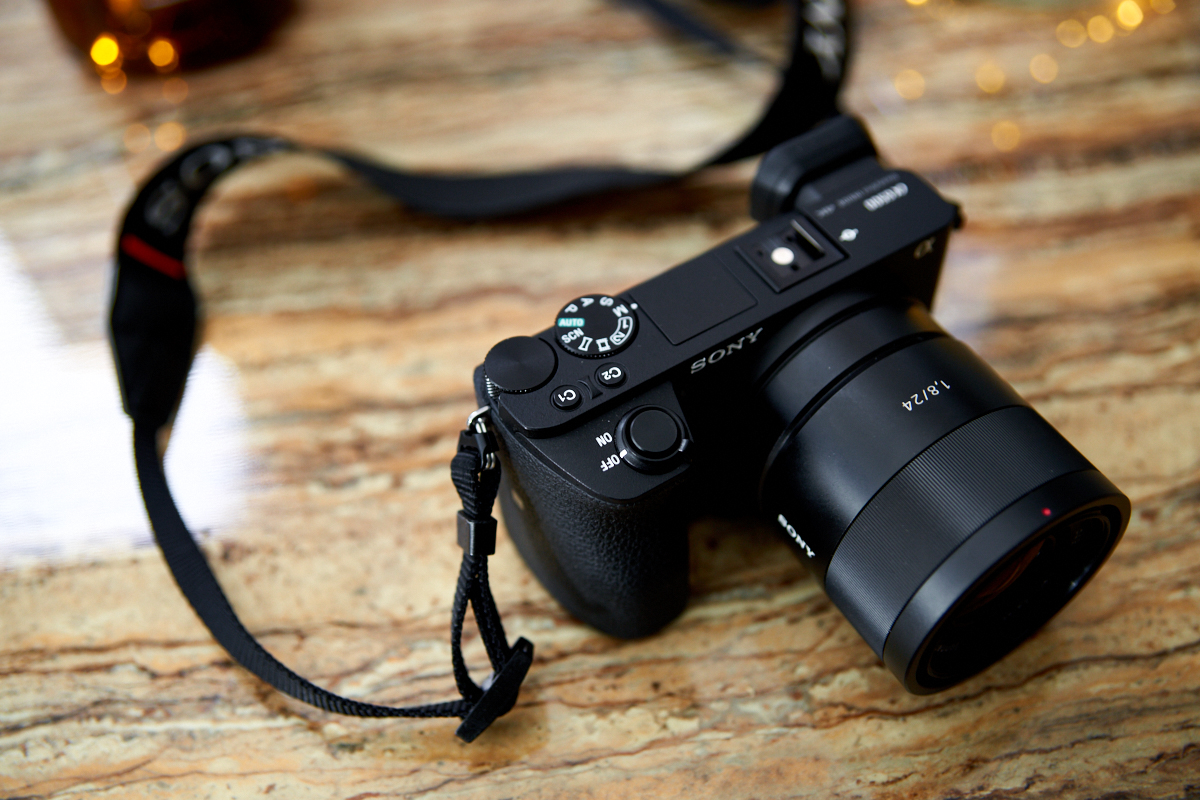Last Updated on 07/17/2018 by Mark Beckenbach
It’s not 2010 anymore; APS-C is capable of some incredible imagery with minimal shortcomings compared to Full Frame
There has long been this stigma against ‘crop sensor’ cameras in the photography community, likely dating back to the crop vs full frame marketing campaigns that went on back when the differences in performance between them were, in fact, significant. The truth is though, the time has come for the industry to stop all the sensor hating; APS-C isn’t bad and honestly, it gets the job done.
While on Sony’s Kando trip this past week I had the great chance to hear directly from Sony on a variety of topics related to their cameras, their systems, etc. But one thing that stood out for me in the meetings was a point noted about the relatively low excitement APS-C products get in comparison to their Full Frame-focused brethren. The fact is, Sony isn’t wrong; photographers have been conditioned over years of ‘Crop vs Full Frame’ marketing campaigns that painted APS-C sensors as inferior, less professional, and less capable. Things that, at the time those marketing campaigns were happening, were not totally untrue. But the fact is that the industry and technology have changed since those days.

Today we have APS-C cameras with sensors that are maybe only a stop of performance worse in terms of noise in low light than their current generation Full Frame siblings. These sensors are housed in bodies every bit as professional (on the high end) as their Full Frame relatives, and are capable of images that are every bit as stunning. Yes, Full Frame does still hold the winning performance on the extreme ends of the spectrum in terms of low light, maximum bokeh, maximum depth of field, etc. However, in most cases where you will actually be shooting imagery (again generally, some of you this wont apply to), the technical limitations of APS-C will not even be met by your gear or required by the conditions you will be in.
I have been shooting with a [amazon_textlink asin=’B01A8DUR74′ text=’Fujifilm X-Pro2′ template=’ProductLink’ store=’thephobl-20′ marketplace=’US’ link_id=’b4ced161-5f82-11e8-892c-f9c6829603ef’] as my primary camera since it was released over two years ago. If you are familiar with my style and how I produce my sessions you will know I am often shooting in very low lighting conditions. Many people (and honestly even myself before I really tried it) would think that is not an ideal choice due to the APS-C sensor, but I often get people raving about what I am doing with this camera. This is due to a combination of people having unrealistically low expectations for the performance of APS-C cameras (ignorance really), and people putting too much emphasis on the gear someone is using rather than the degree they know the gear.
So, these companies come out new APS-C gear and then wonder why the market seems less than enthused when really it is their own fault. They spent years marketing APS-C as lesser than Full Frame (as amateur or enthusiast), and now that the tech is to a point where we have some excellent APS-C options out there, they wonder why the market is slow to show any excitement.

Cameras like the [amazon_textlink asin=’B01I3LNMAM’ text=’X-T2′ template=’ProductLink’ store=’thephobl-20′ marketplace=’US’ link_id=’857da081-5f82-11e8-b5cb-5d60897b7c9d’], [amazon_textlink asin=’B01A7Q0J3Y’ text=’D500′ template=’ProductLink’ store=’thephobl-20′ marketplace=’US’ link_id=’8e21ffac-5f82-11e8-bf93-bd2b5209aec3′], and [amazon_textlink asin=’B07BV4CBC1′ text=’A6500′ template=’ProductLink’ store=’thephobl-20′ marketplace=’US’ link_id=’99266f43-5f82-11e8-9f36-7116d1177291′] are incredible and offer advantages over their Full Frame brethren in ways that for certain photographers can make up for the minor shortcomings they hold in extremely low light, maximum bokeh, or depth of field. So I think it is the time we all stop the sensor hate, and realize that some gear is geed enough for certain needs and that some people don’t need every feature under the sun to be good at everything.
APS-C gets the job done, and honestly your clients will never know the difference unless you tell them (and even then, in only extreme cases would they even still see the difference). So don’t write off new announcements simply because they are for APS-C, or are lenses optimized for APS-C. APS-C is nothing to be ashamed of and quite honestly, I love the advantages of it. So, reframe your mind people: APS-C is different from Full Frame, yes, but not nearly as much as a lot of you make it out to be. Let’s stop splitting hairs and show APS-C the love it deserves!


